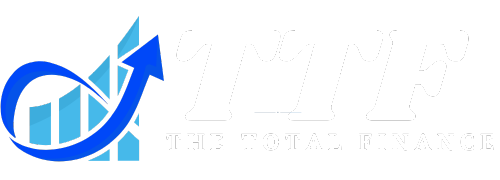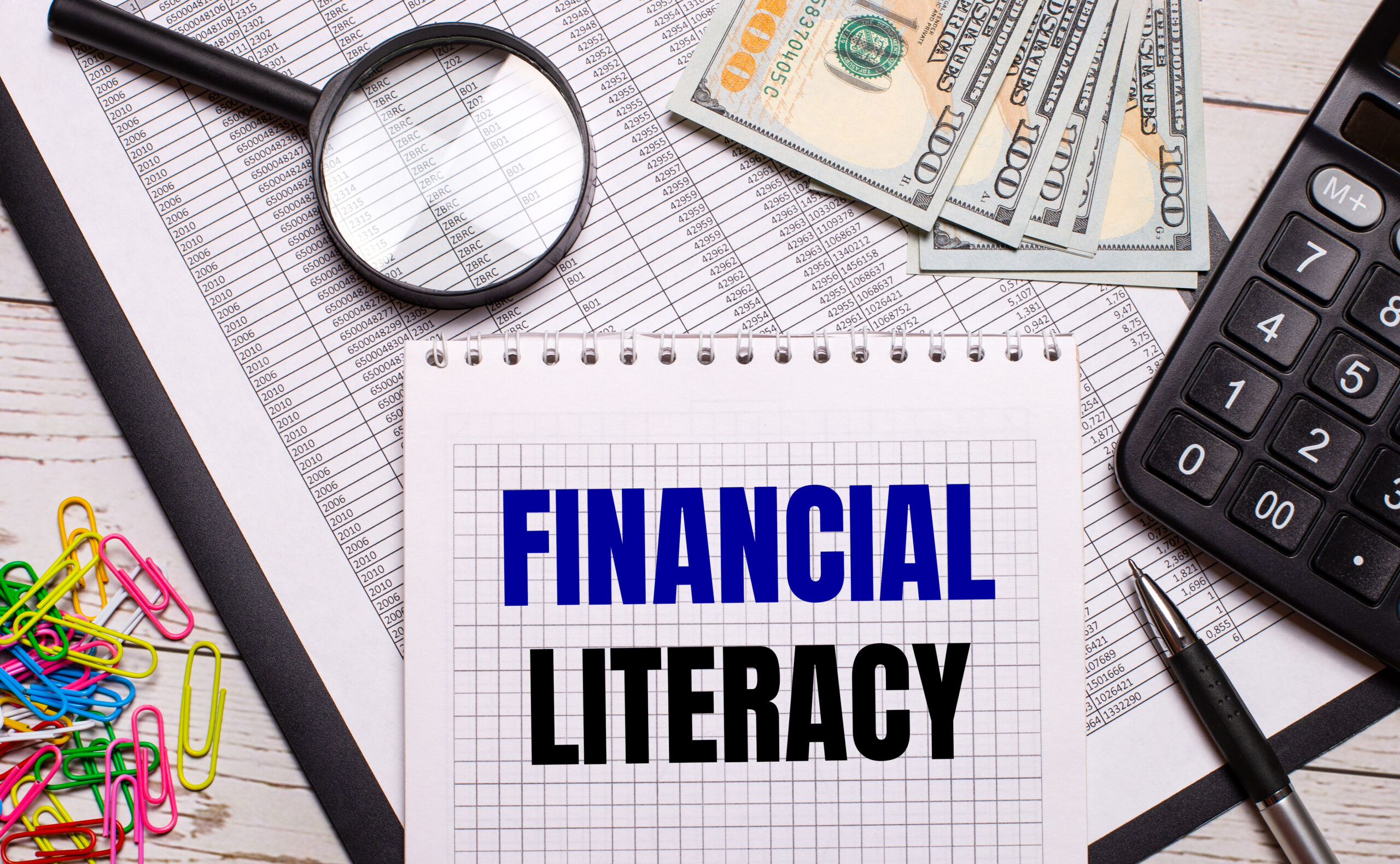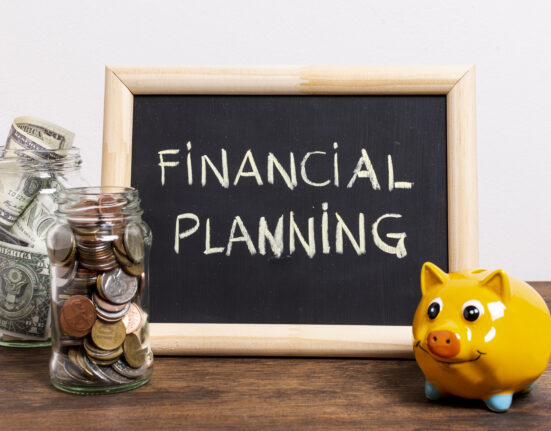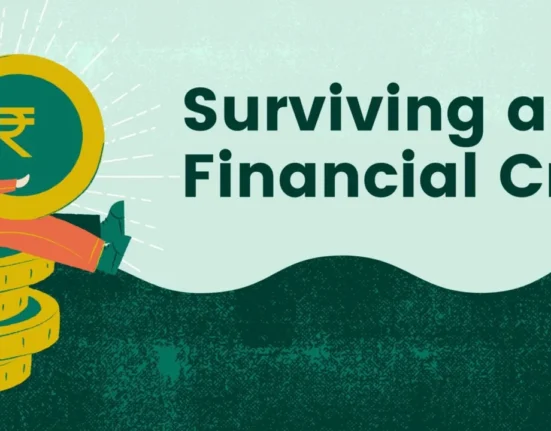Have you ever felt stroke out by the numerous bills you receive every month? You’re not alone. One of the main problems is financial stress, so it is not surprising that people often do not know how to manage their money. Unfortunately, so many individuals today do no know how to handle their finances. As such, we have financial illiteracy in society.
Personal financial literacy can be referred to as one’s capability to manage various simple financial factors, such as budgeting for individual financial resources and assets, recognizing good investment opportunities and knowing how to manage personal debts. More than getting rich, it is the process of being wise in making financial choices to build a good future. In this blog, you will discover why you need personal financial literacy and how to develop financial knowledge today.
Why Personal Financial Literacy Matters
Achieving Financial Security and Independence
Indeed, when you get basic financial literacy and an understanding of finance, you acquire the capacity to make rational economic decisions. This relieves stress and enables individuals to plan for major financial objectives, including buying a house, saving for retirement, or going on a dream vacation, among others. Many individuals have no proper knowledge about how personal finance education works. Managing their income often becomes a very stressful issue.
Avoiding Debt and Financial Pitfalls
The main consequence of financial illiteracy is getting entangled in debt cycles. Most individuals lack adequate knowledge regarding credit card interest rates and other loan features, thus contributing to indebtedness. Educating yourself on interest rates and credit will allow you to avoid acts of lending practices and financial scams. Another element of financial literacy education that should be taught is the significance of having an emergency fund to cover emergencies.
Building Wealth and Investing for the Future
Understanding investing is an important aspect of learning financial literacy. Learning is one of the most important aspects that is usually emphasized when it comes to investment. By understanding how stocks, bonds and mutual funds work and how you can invest in them. You can increase your income in the long run. The interaction with compound interest is one of the fundamental skills of financial literacy, as it allows you to increase your capital without significant effort. The other important area of financial literacy that people should not ignore is retirement planning.
Making Informed Consumer Decisions
Personal financial literacy is the foundation towards smart spending. You can plan your purchases and compare available financial products to prevent or stick to a budget based on earnings and expenses. Budgeting is a strategy, especially for avoiding expensive purchases and ensuring your money is well spent.
How to Get Started with Financial Literacy
Assess Your Current Financial Situation
To be able to enhance your level of financial literacy, you first need to know your financial status. It is recommended that a budget be established to identify sources of income and expenses. To understand your net worth, you can add all your assets and subtract all your liabilities, and to improve your credit score, read your credit report. This first analysis will help you understand the general well-being of your financial status.
Learn the Basics
In this case, several tools can be used to teach financial literacy. Reading books, Websites, Podcasts, and online courses are very helpful for guidance. I will start by developing simple issues such as creating a basic budget, building up an emergency fund, and learning basic concepts like annual percentage rates, diversification, interest costs, and terms and conditions. You gain more knowledge on handling it properly, you will feel more at ease in dealing with your money affairs.
Set Financial Goals
In any financial literacy education, a clear goal is paramount. By outlining the SMART goals (Specific, Measurable, Achievable, Relevant, and Time-bound), you can improve your focus. An example of a short-term goal could be saving up for a vacation or paying for a credit card balance. On the other hand, other long-term goals could involve procuring a house or saving for retirement. Understanding your financial goals will ensure you are stimulated towards achieving more.
Develop a Budget and Savings Plan
A budget is a basic tool in understanding personal finance literacy and taking control of money. Determine your monthly income and necessary expenditures, and devote the rest to savings or spending on what you want. Having a plan to automate your savings makes staying true to the plan less challenging. Having an emergency fund is also important because it provides a cushion to unexpected situations.
Explore Investing Options (Start Small)
It’s important to note that investing does not have to be excessively complicated. Begin gradually with risky investment products, including index funds or bonds. It is always advisable not to invest in a particular type of investment only because sweeping the risks can only be done by diversification of assets. When you gain more confidence, you can begin to consider other opportunities that may need more capital to be invested to achieve long-term goals in the stock market.
Seek Professional Guidance (When Needed)
If you have many concerns about financial planning or feel lost in it, it is rather helpful to turn to a professional. A financial advisor is more of a guide in making the right financial choices; the best step to take is to engage the services of a good financial advisor. Even with professional help, learning more about financial knowledge does not stop being able to make the right decisions.
Conclusion
Personal finance literacy is an essential aspect of everyone’s life, and striving to enhance it should be of great importance to everyone. It makes you capable of making better financial decisions, getting involved in debts, and recreating real assets bear in mind that everyone becomes financially literate daily; it is a process that never ends, and the small steps you take will lead you to the path of financial freedom and security. A good way to begin is to make a budget today, read a financial book, or set a new savings target.
What are your financial targets? Please leave your comments below and begin your journey to mastering your finances right away!








